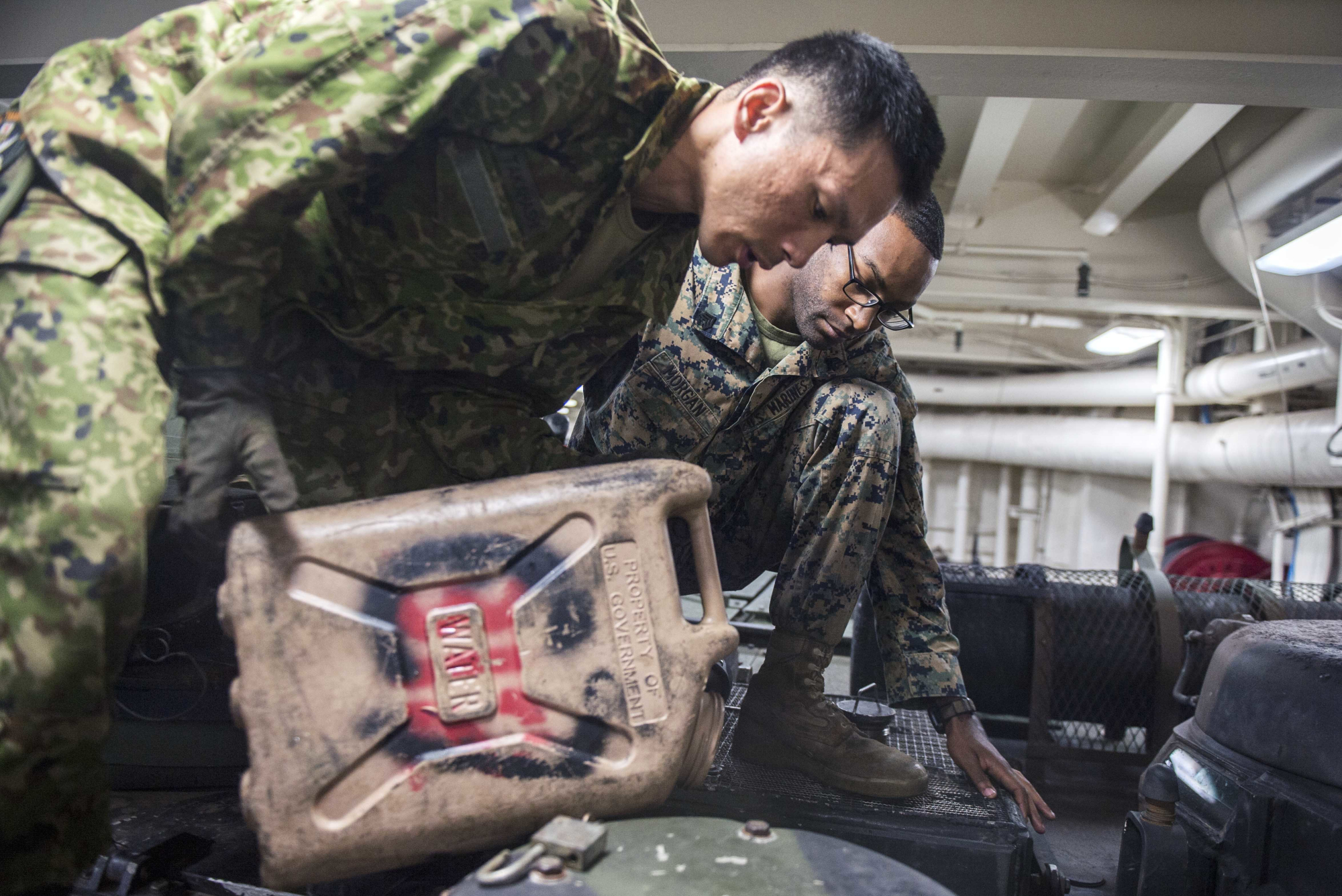Thirty years ago, two members of the U.S. Congress had a good idea. Facing debilitating service rivalry and an archaic military authority system, and shamed by two failed military operations attributed to the inability of the individual military services to work well together, two members of Congress — Sen. Barry Goldwater and Rep. William Nichols — are credited with turning the situation around. The resulting legislation, the Goldwater-Nichols Act, among other things, compelled the U.S. military services to cooperate, a term that came to be known as "joint operations."
One of the main drivers of this modernization, other than the need to be competent during the standoff with the Soviet Union, was the abject failures of the Iranian hostage rescue mission in 1980 and the then-fresh invasion of Grenada by U.S. forces in 1983. Both operations were plagued by interservice rivalry despite good intentions. The Goldwater-Nichols Act of 1986 set out to rectify this.
This brings us to Japan, long criticized for its lack of joint operational skill despite its extensive association with the U.S. military and the dangerous neighborhood (objectively much more dangerous than North America) in which it lies. Its joint track record is not good.



